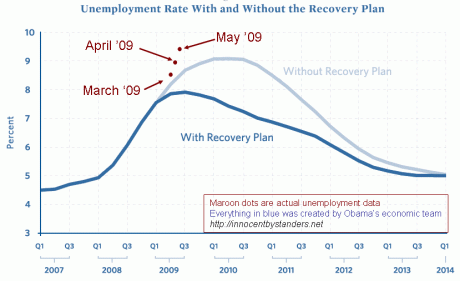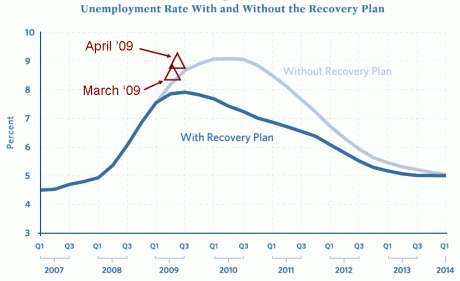Tuesday, May 19th, 2009 at 1:27 pm
Just ask California and New York. Attempts to balance the budget by taxing the rich even more has resulted in states in crisis. Arthur Laffer and Stephen Moore, writing in the Wall St. Journal, have the details.
Here’s the problem for states that want to pry more money out of the wallets of rich people. It never works because people, investment capital and businesses are mobile: They can leave tax-unfriendly states and move to tax-friendly states.
And the evidence that we discovered in our new study for the American Legislative Exchange Council, "Rich States, Poor States," published in March, shows that Americans are more sensitive to high taxes than ever before. The tax differential between low-tax and high-tax states is widening, meaning that a relocation from high-tax California or Ohio, to no-income tax Texas or Tennessee, is all the more financially profitable both in terms of lower tax bills and more job opportunities.
Updating some research from Richard Vedder of Ohio University, we found that from 1998 to 2007, more than 1,100 people every day including Sundays and holidays moved from the nine highest income-tax states such as California, New Jersey, New York and Ohio and relocated mostly to the nine tax-haven states with no income tax, including Florida, Nevada, New Hampshire and Texas. We also found that over these same years the no-income tax states created 89% more jobs and had 32% faster personal income growth than their high-tax counterparts.
Did the greater prosperity in low-tax states happen by chance? Is it coincidence that the two highest tax-rate states in the nation, California and New York, have the biggest fiscal holes to repair? No. Dozens of academic studies — old and new — have found clear and irrefutable statistical evidence that high state and local taxes repel jobs and businesses.
And yet, as the article notes, some governors still listen to the siren’s song sung "by recent studies by left-wing groups like the Center for Budget and Policy Priorities that suggest that ‘tax increases, particularly tax increases on higher-income families, may be the best available option.’" Siphoning off existing economic activity is less useful than increasing overall economic activity.
The rich are able to move away because, well, they’re rich. They can afford it.
What does this mean for those states with low or no income taxes? Do they have to cut services, such as police and education? Some say they do, but…
They’re wrong, and New Hampshire is our favorite illustration. The Live Free or Die State has no income or sales tax, yet it has high-quality schools and excellent public services. Students in New Hampshire public schools achieve the fourth-highest test scores in the nation — even though the state spends about $1,000 a year less per resident on state and local government than the average state and, incredibly, $5,000 less per person than New York. And on the other side of the ledger, California in 2007 had the highest-paid classroom teachers in the nation, and yet the Golden State had the second-lowest test scores.
Or consider the fiasco of New Jersey. In the early 1960s, the state had no state income tax and no state sales tax. It was a rapidly growing state attracting people from everywhere and running budget surpluses. Today its income and sales taxes are among the highest in the nation yet it suffers from perpetual deficits and its schools rank among the worst in the nation — much worse than those in New Hampshire. Most of the massive infusion of tax dollars over the past 40 years has simply enriched the public-employee unions in the Garden State. People are fleeing the state in droves.
It only seems counterintuitive if you don’t understand that taxation changes behaviors. People avoid pain, and over time higher taxes are a pain. This will modify behavior. Penalize something more, you get less of it. It’s a human truism that the Left needs to learn.






